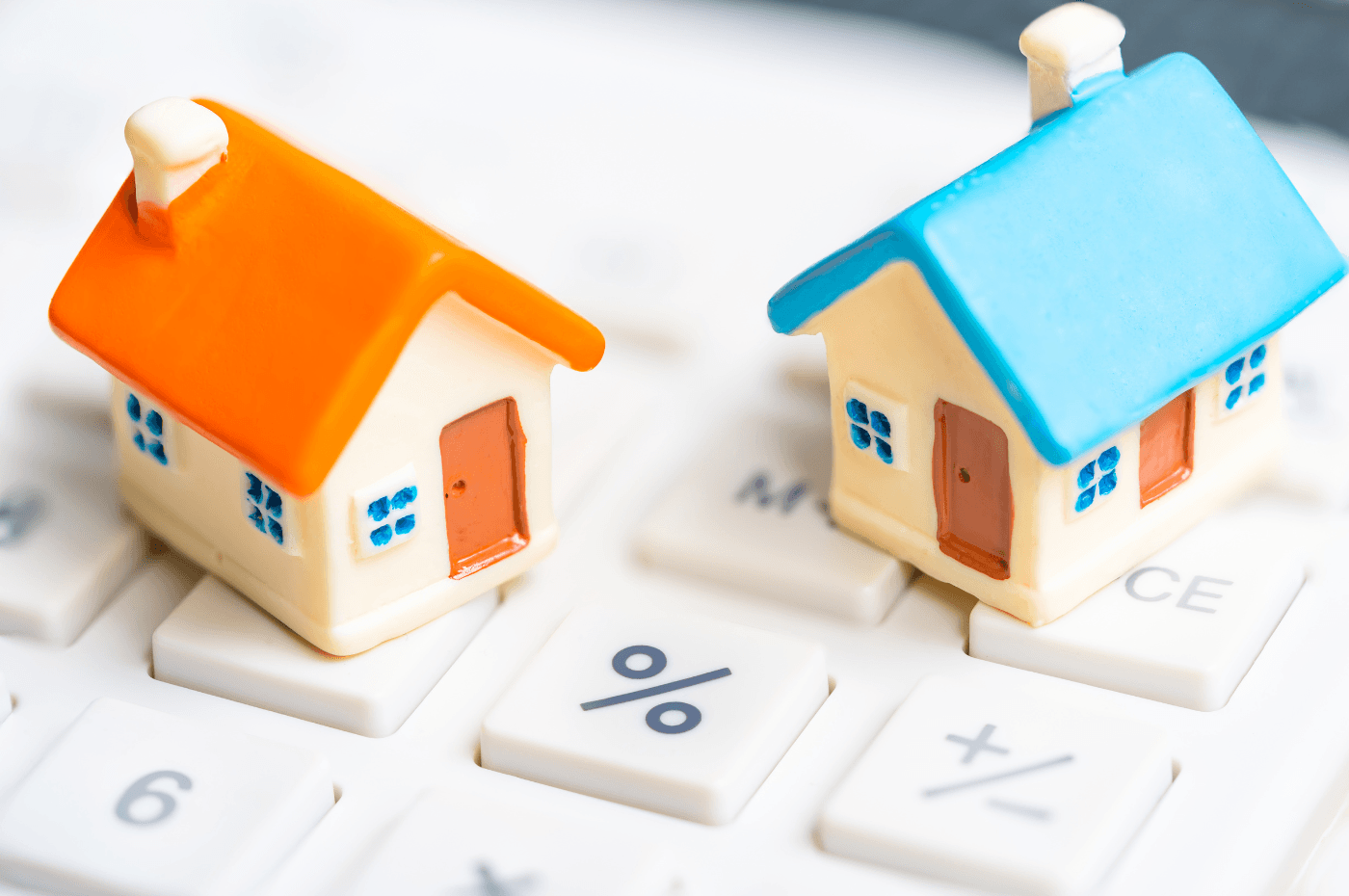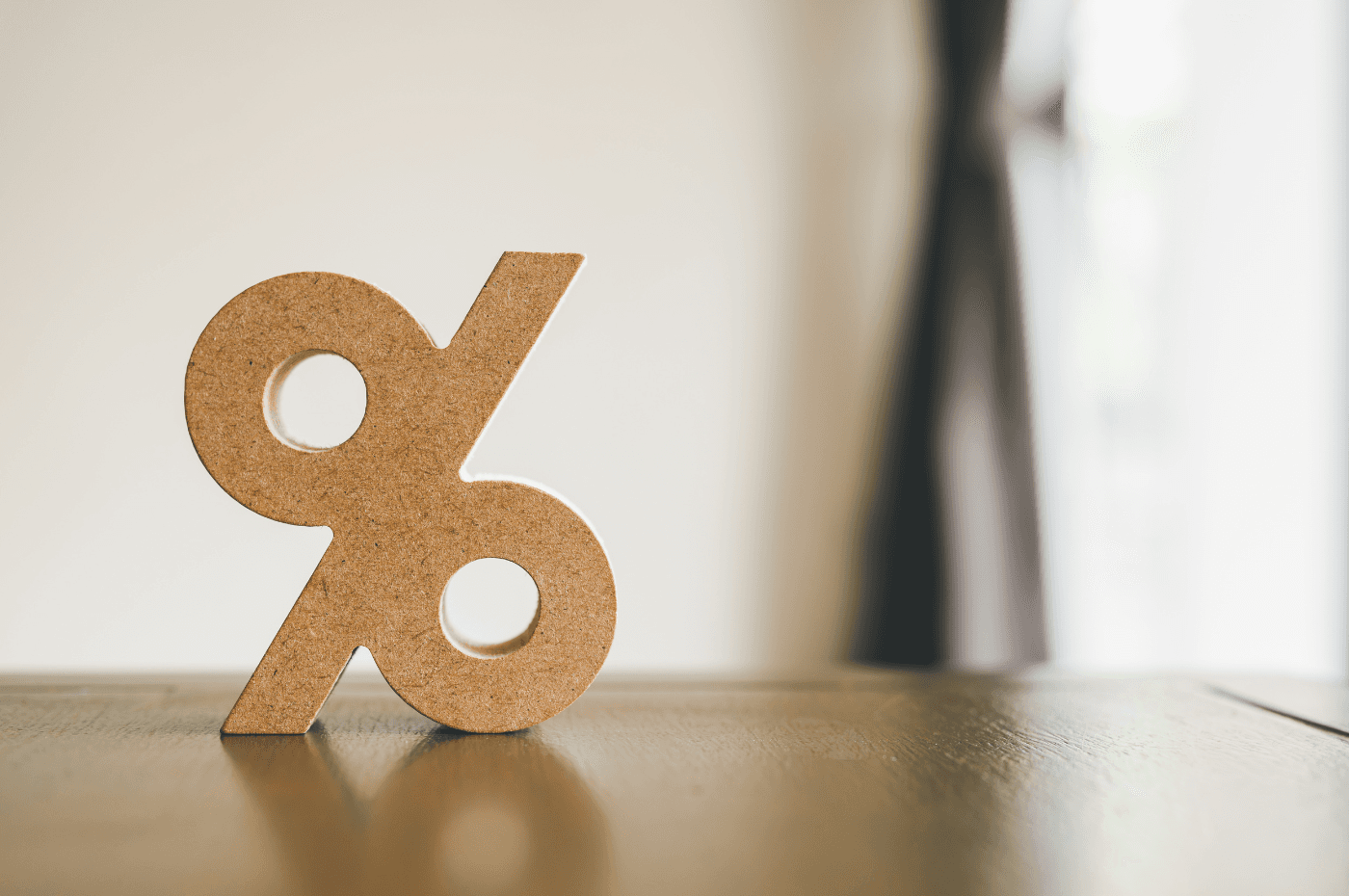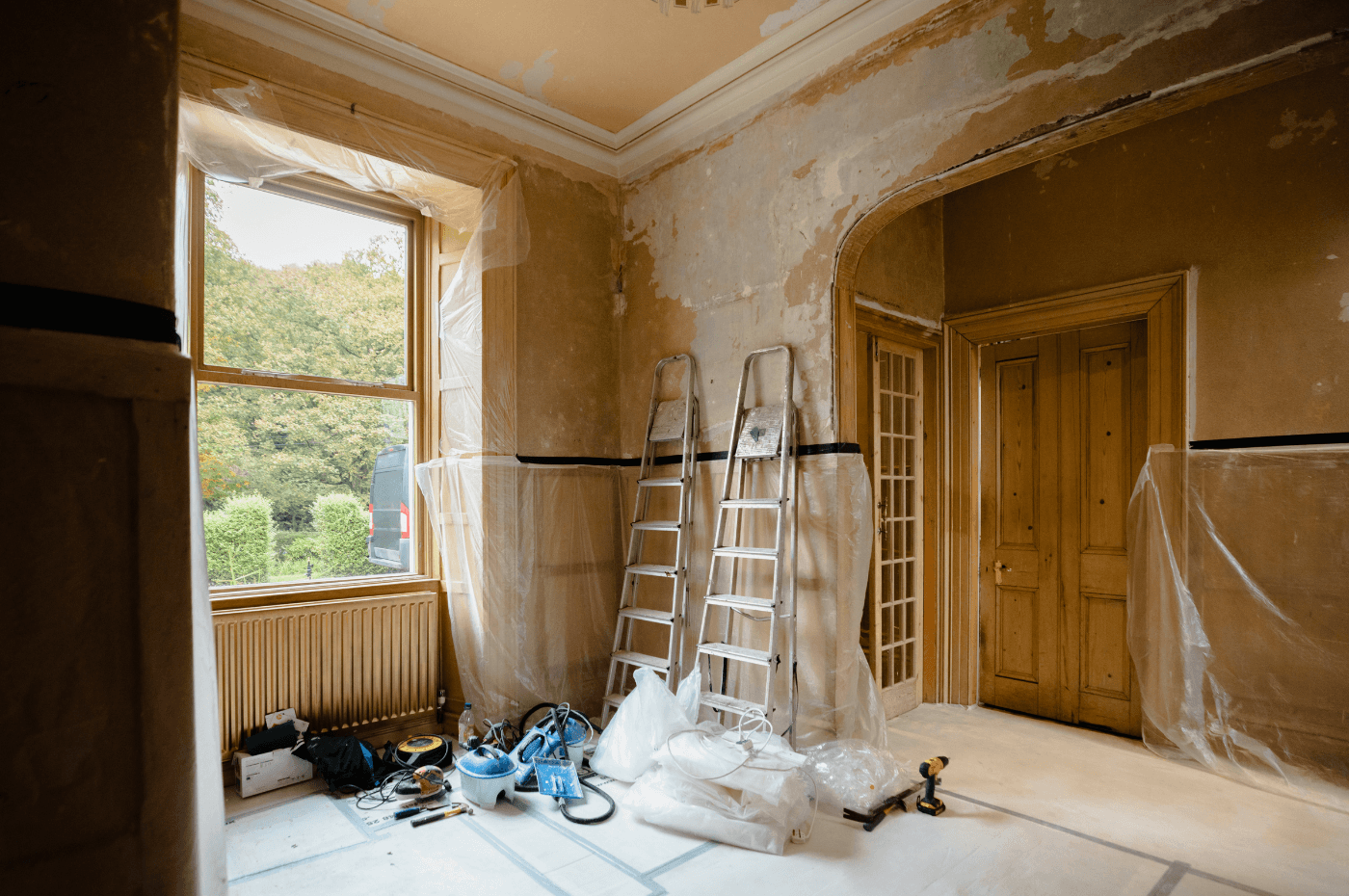Real estate transactions involve several financial decisions and various associated costs. While immediate expenses like transfer duties, notary fees, and pre-purchase inspection often come to mind, don’t overlook the costs related to choosing between a fixed and a variable mortgage rate.
While the financial impact of this decision may not be immediately apparent, it is nonetheless significant. Indeed, this choice will have long-term effects on your finances, lasting many years after you sign your mortgage contract.
The question is: should you opt for a fixed rate or a variable-rate mortgage?
The variable-rate mortgage
A variable-rate mortgage is tied to the prime rate of a financial institution, which itself is based on the Bank of Canada’s key interest rate. Your financial institution then adds a margin to this prime rate to determine your mortgage rate.
It’s important to note that the Bank of Canada can adjust its key interest rate up to eight times a year. Each change in the key rate can directly affect the variable rate of your mortgage.
Why choose a variable rate for your mortgage?
A variable-rate mortgage might be a suitable choice if:
- You anticipate a decrease in interest rates soon.
- You are comfortable with the potential for fluctuations and market changes.
- Your financial situation enables you to adjust your monthly payments if interest rates increase.
Additionally, variable rates are often lower than fixed rates, providing a potential cost advantage.
The impact of rising interest rates on mortgage costs
When interest rates increase, the effect on your mortgage costs can be somewhat unpredictable. Financial institutions have the discretion to adjust mortgage rates in response to changes in the key interest rate set by central banks. As a result, homeowners with variable-rate mortgages face a degree of uncertainty regarding how these changes will affect their payments.
The actual increase in your mortgage rate will depend on how your lender chooses to adjust their rates in response to the rise in interest rates. This can result in higher monthly payments and an overall increase in the total cost of your mortgage.
Variable rate with fixed payments
With a variable-rate mortgage featuring fixed monthly payments, your payment amount typically remains constant, like what you’d have with a fixed-rate mortgage. However, the distribution between the principal and interest in each payment can fluctuate based on changes in the interest rates.
When interest rates rise, a larger portion of your fixed monthly payment goes toward covering the increased interest, leaving a smaller portion for principal repayment. This shift can extend the amortization period of your loan, meaning it will take longer to pay off the total debt. If the rate increase is minimal (0,25%), the impact on the amortization period might be modest.
However, be mindful that if your initial loan amount is high and interest rates rise significantly, you could approach your trigger rate, where the required payment exceeds your current fixed payment amount. In such cases, you may need to adjust your budget or mortgage terms to manage the impact.
On the other hand, if the interest rate decreases, a greater portion of your fixed payment will go toward reducing the principal, potentially shortening the amortization period and accelerating debt repayment.
Variable rate with variable payments
With a variable-rate mortgage featuring variable payments, your monthly payment adjusts according to fluctuation in the interest rate. When interest rates increase, your payment will rise accordingly, and if rates decrease, your payment will go down. Choosing this option requires careful budget planning to ensure you can accommodate potential increases in your monthly payments.
The fixed-rate mortgage
As the name suggests, a fixed-rate mortgage remains stable and is unaffected by market fluctuations. This means that the portion of your monthly payment going toward the principal and the portion going toward the interest will stay the same each month.
People often choose this type of mortgage for its predictability. Since the interest rate is fixed for the entire term, you won’t face any unexpected changes or must worry about your loan term extending if interest rates increase. This stability allows you to plan your finances more effectively knowing exactly when your debt will be paid off.
Why choose a fixed rate for your mortgage?
A fixed-rate mortgage might be ideal if:
- Your budget is tight and you need stable payments.
- You value having consistent payments throughout the term of the loan.
- You anticipate that interest rates will rise soon and want to lock in a current rate.
What if the interest rates decrease?
Unlike variable-rate mortgages, which can adjust with market changes, a fixed-rate mortgage keeps your rate the same throughout the term. As a result, you won’t have the opportunity to shorten your repayment period based on decreasing interest rates.
Which is better: a fixed or variable-rate mortgage?
As this article outlines, both fixed and variable-rate mortgages have their advantages and drawbacks. Typically, a variable-rate mortgage often proves more cost-effective over the long term.
For instance, a study by finance professor Moshe A. Milevsky from the University of York found that, over a 5-year period, borrowers with a variable rate paid less interest compared to those with a fixed rate. Over a 15-year term, this could translate into saving up to $40,000 on a $200,000 mortgage.
However, the best choice also depends on the current variable rate and the broader economic conditions at the time of your decision. If interest rates are expected to rise significantly in the near future, a fixed rate might be the safer option.
Can you opt for both a fixed and variable rate?
Yes, it’s possible to combine both types of rates; it's called a mixed-rate mortgage. Some financial institutions offer the option to split your mortgage into parts with different terms, part fixed and part variable. This strategy allows you to benefit from potential interest rate reduction while still enjoying the stability of stable payments. Additionally, it helps mitigate the impact of interest rate increases, providing a balanced approach to managing your mortgage.
Are you looking for a mortgage broker?
XpertSource.com can help you in your efforts to find a mortgage broker. By telling us about your project, we will refer you to top-rated experts, free of charge! Simply fill out the form (it only takes 2 minutes) and you will be put in contact with the right experts.





